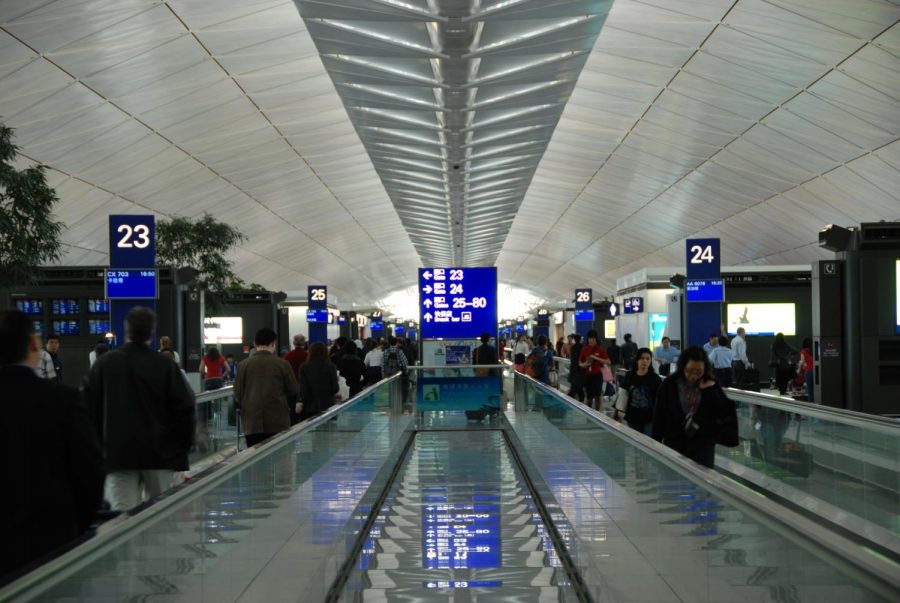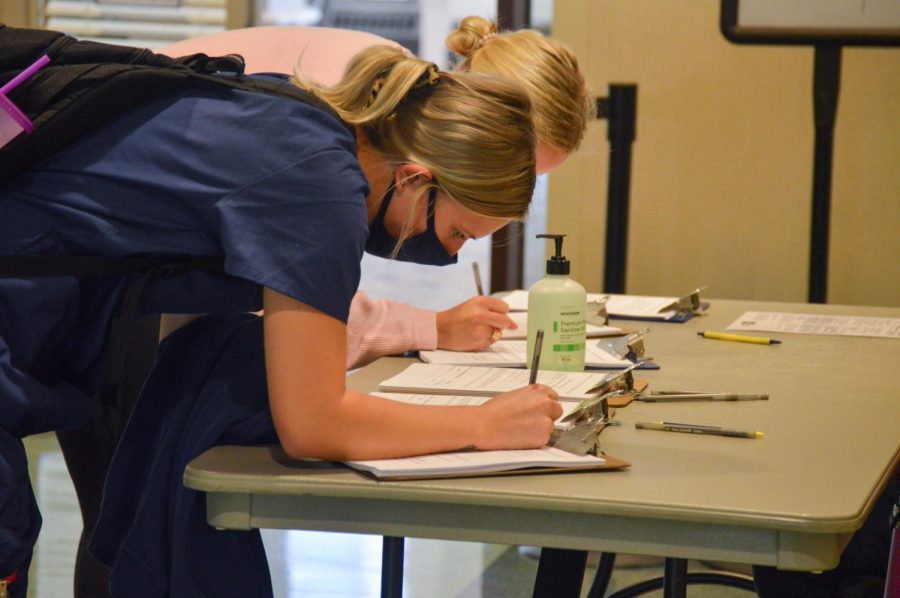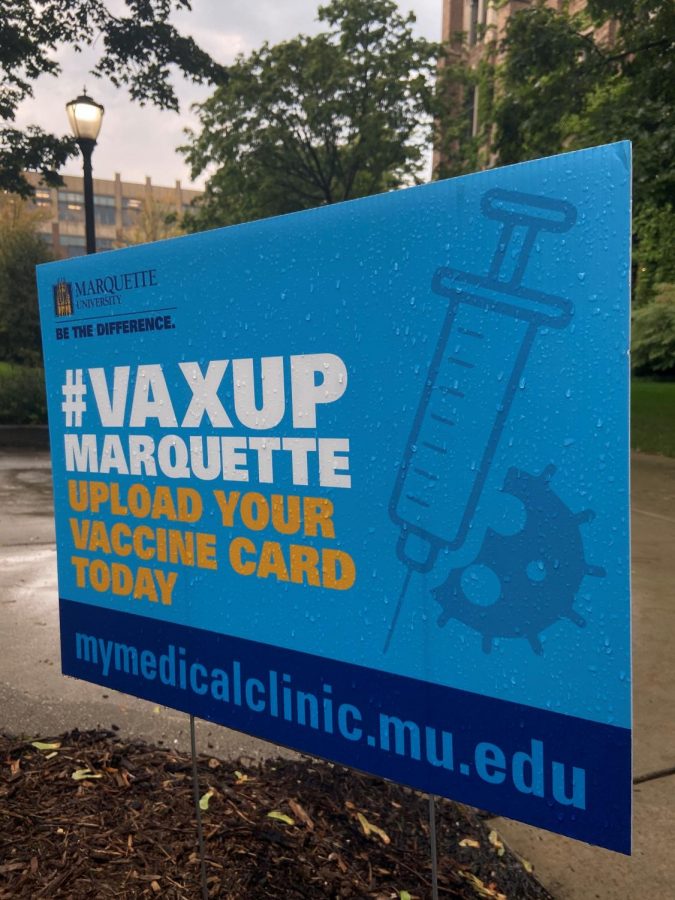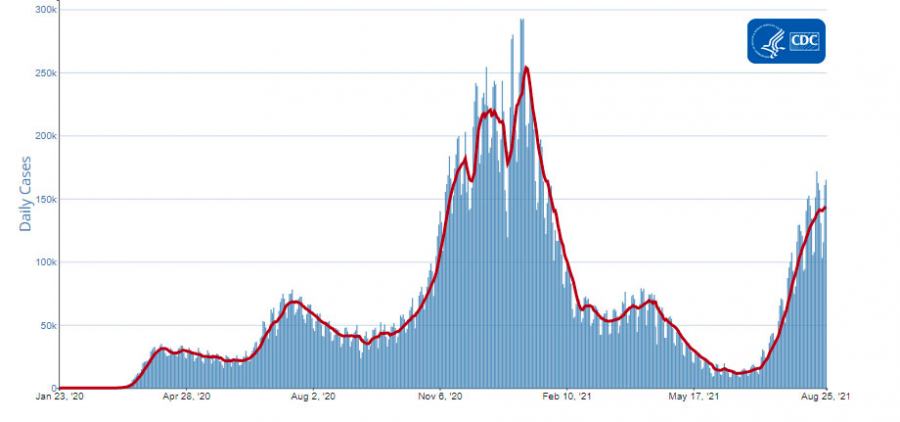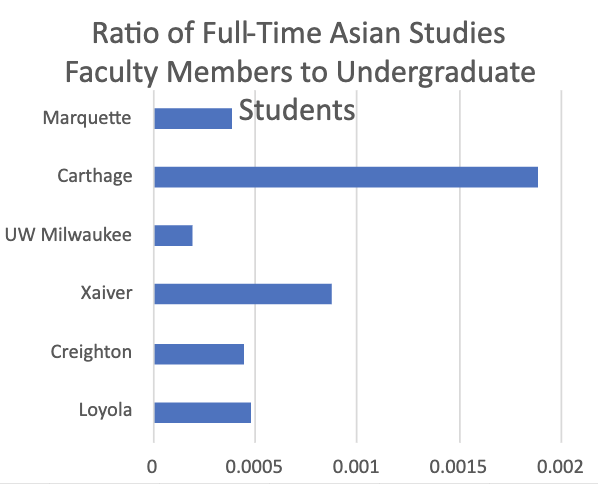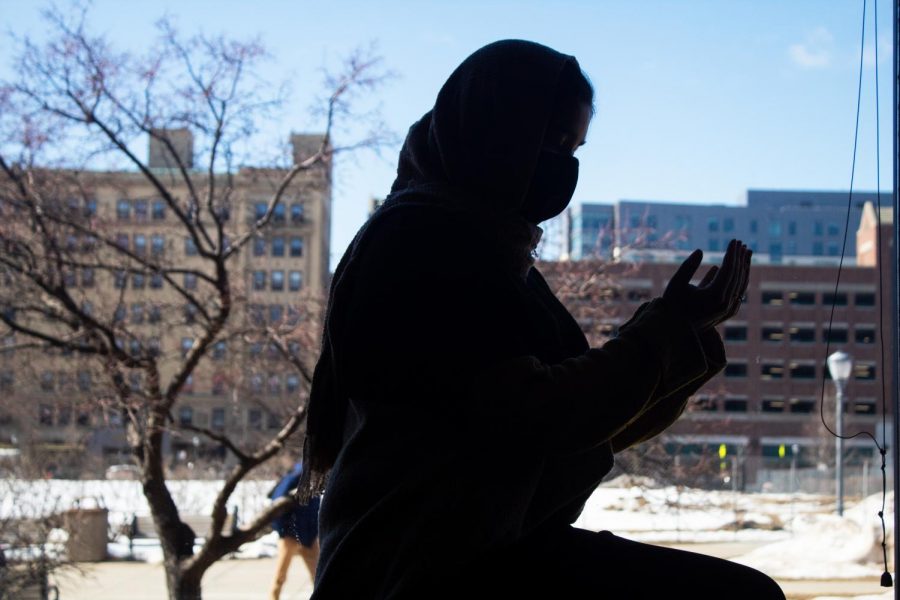As of April 5, the United States is the country with the most coronavirus cases at 304,826. This has resulted in 7,616 deaths. It should be clear to not only the U.S. public, but especially the government administrations, that this country is facing a serious and dangerous problem. We need to do the most we can to solve the problem and slow the spread of COVID-19 to save as many lives as possible.
This includes needing greater safety precautions at U.S. airports.
Based on recommendations from the Centers for Disease Control and Prevention and other public health officials, the president imposed a travel ban March 11 restricting individuals from 28 European countries into the U.S. to try to prevent the spread of COVID-19.
The ban only applies to foreign nationals, not American citizens — this was not clear in the president’s initial address due to Trump’s confusing and ineffective address to the public. Before the travel ban, other restrictions were enforced, such as passengers who had been to China or Iran in the last two weeks up to March 11 being prohibited from entering the country.
U.S. citizens trying to come back from China can enter the U.S. but will be directed to one of 11 larger airports who have access to more resources that are needed to undergo further testing.
The president confirmed March 18 on Twitter that the U.S. will be restricting nonessential traffic, such as tourism and leisure purposes, between the U.S.-Canada border. Trade traffic is deemed essential under this agreement.
These restrictions could have saved some lives and helped lessen the spread of the coronavirus, but the focus should not be on restricting travel. Rather, U.S. government agencies should provide necessary resources at airports that can prevent the spread of the coronavirus such as screenings, self-isolation units and tests.
American citizens were still allowed to enter the United States no matter if it was from Europe, China, or anywhere else. This means that they their arrival in the states did not lessen the spread of the virus. The virus is also difficult to detect right away, so people could have traveled to the U.S. with the coronavirus long before these restrictions. Restrictions on travel cannot make much of an impact now since the coronavirus has already spread very far across the globe.
It is also impossible to predict the spread of a virus especially with a disease like coronavirus when the symptoms appear much later than the initial infection. This is why money and effort must be put into aspects that the government can control like health security and protective gear.
China and Italy both chose to restrict travel across their borders, but these restrictions did not lessen the exponential increase of cases.
Epidemiologists have seen the failure of travel restrictions to contain infectious diseases such as observations from influenza outbreaks.
It is also impossible to completely restrict travel. Some people might have dire circumstances that force them to relocate such as the death of a close loved one or essential work duties.
There must be more focus on providing better resources at airports and taking precautionary actions, such as intensive screening, for travel in the U.S., both domestic and international. The virus has reached all 50 states, so it is irrational to say that those traveling within the U.S. do not pose a major threat. Anyone can spread the coronavirus, no matter if they are in cities that have a high number of cases or not.
A possible first step to addressing this problem is providing resources to Transportation Security Agency workers such as N95 masks. These masks filter out at least 95% of small particles in the air, according to the CDC.
Airport workers have only been provided with surgical masks. According to the Food and Drug Administration, those do not have the ability to filter and block pathogens that spread from others like the coronavirus.
A union representing U.S. security screeners sent an email to TSA administrator David Pekoske on March 10 urging the agency to provide workers with more effective masks. Pekoske denied the request.
These workers come into direct contact with travelers from across the globe, meaning there is a chance they are carriers for the coronavirus. Concern for their health is just as important as trying to stop the spread of the virus from those traveling.
The U.S. can learn from airports in other countries that have successfully managed to slow the spread and keep number of cases down. For example, airports in Singapore and Thailand used thermal screening on travelers which accurately records body temperature and better helps detect the virus. Singapore also immediately isolates anyone who shows symptoms of the disease.
Airport workers in the Prague airport are expected to report any individuals with signs of respiratory illness to security in hopes of monitoring their health. Slovakia has implemented an intense screening process, especially for those entering from dangerous areas, that allow for better identification of any coronavirus cases. Italian airports screen passengers by taking their temperature and recording any symptoms they may have.
South Korean airport workers are given hazmat suits.
Multiple countries also immediately isolate passengers until they are tested and know the risks they might have.
Bruce Aylward, a World Health Organization official, said numbers of cases can drop only when there is a faster process to identify cases and rapidly isolate those that have it to ensure they do not spread it to others. This must be the U.S.’s priority when it comes to protecting the public.
Traveling from within the U.S. has now become as dangerous as entering from foreign areas. Necessary precautions must be taken, and in order to truly prevent individuals from infecting others and spreading the virus, resources must be provided efficiently. Otherwise, the coronavirus numbers in the United States will continue to grow at the exponential rate it is.
This story was written by Aminah Beg. She can be reached at [email protected].


